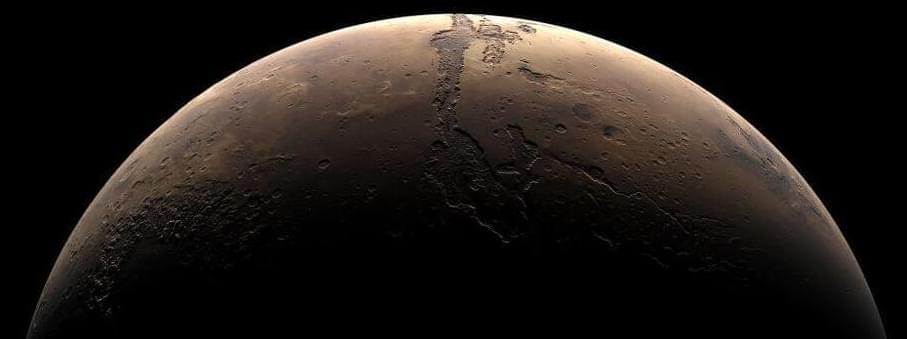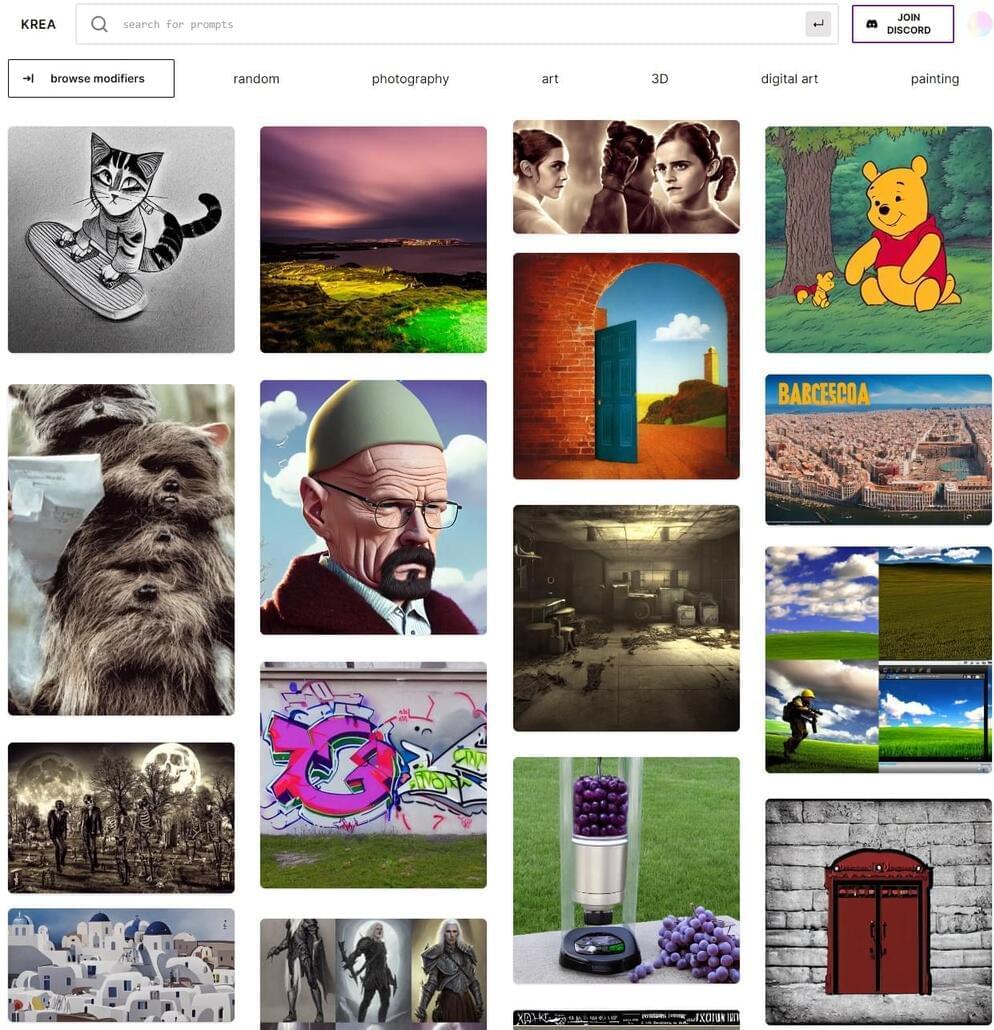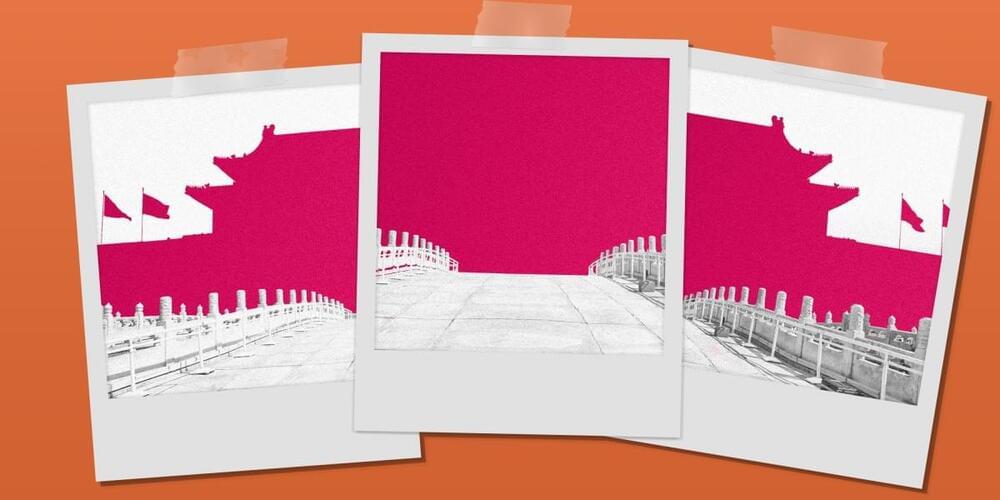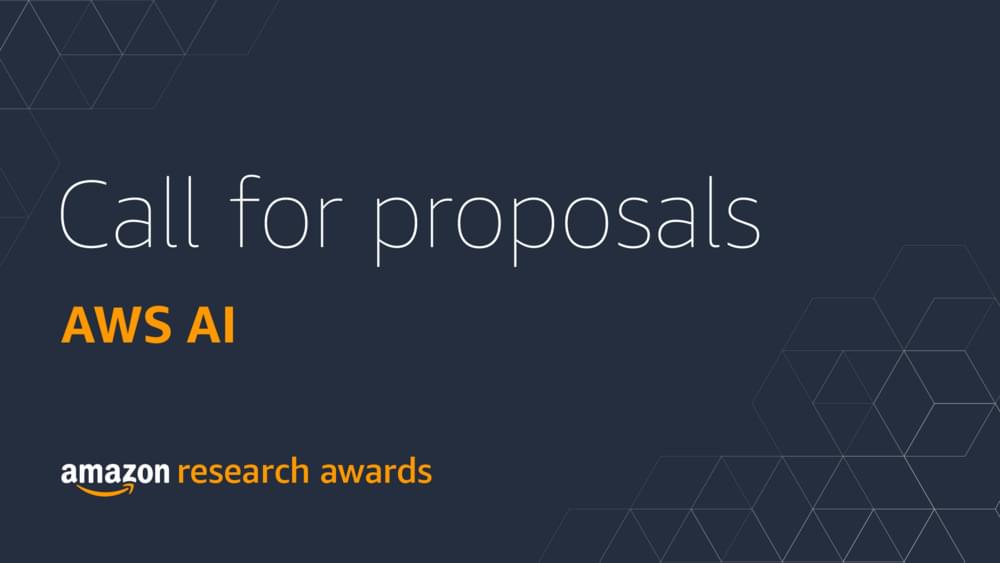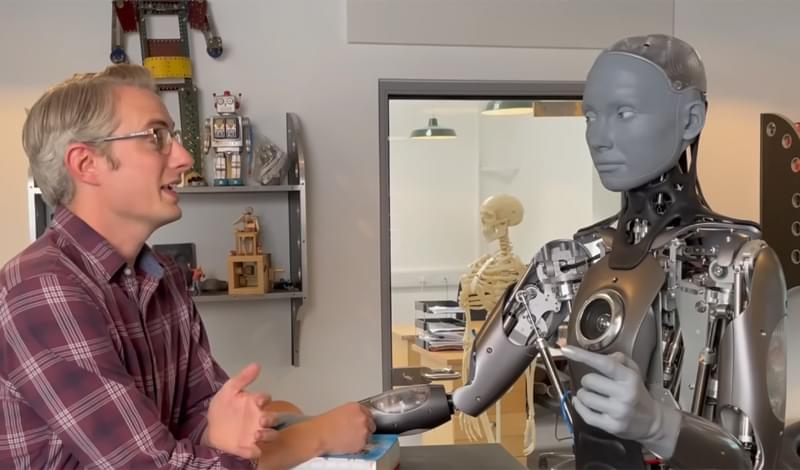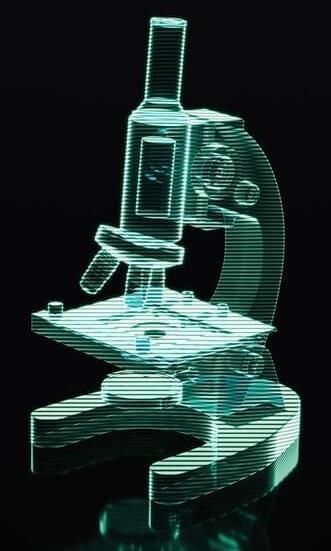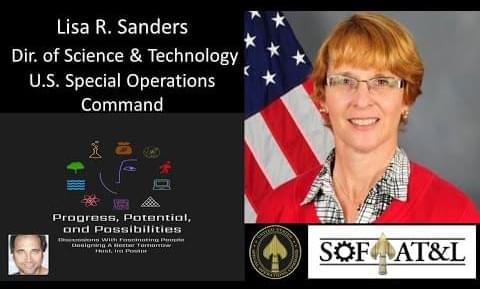
Scientific publishers such as the American Association for Cancer Research (AACR) and Taylor & Francis have begun attempting to detect fraud in academic paper submissions with an AI image-checking program called Proofig, reports The Register. Proofig, a product of an Israeli firm of the same name, aims to help use “artificial intelligence, computer vision and image processing to review image integrity in scientific publications,” according to the company’s website.
During a trial that ran from January 2021 to May 2022, AACR used Proofig to screen 1,367 papers accepted for publication, according to The Register. Of those, 208 papers required author contact to clear up issues such as mistaken duplications, and four papers were withdrawn.
In particular, many journals need help detecting image duplication fraud in Western blots, which are a specific style of protein-detection imagery consisting of line segments of various widths. Subtle differences in a blot’s appearance can translate to dramatically different conclusions about test results, and many cases of academic fraud have seen unscrupulous researchers duplicate, crop, stretch, and rotate Western blots to make it appear like they have more (or different) data than they really do. Detecting duplicate images can be tedious work for human eyes, which is why some firms like Proofig and ImageTwin, a German firm, are attempting to automate the process.

